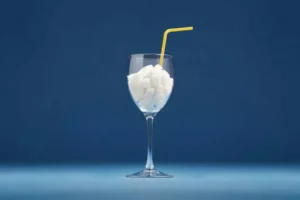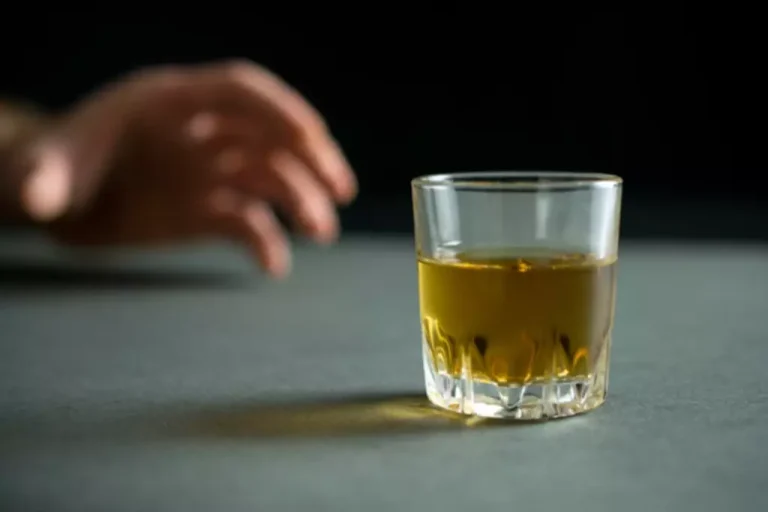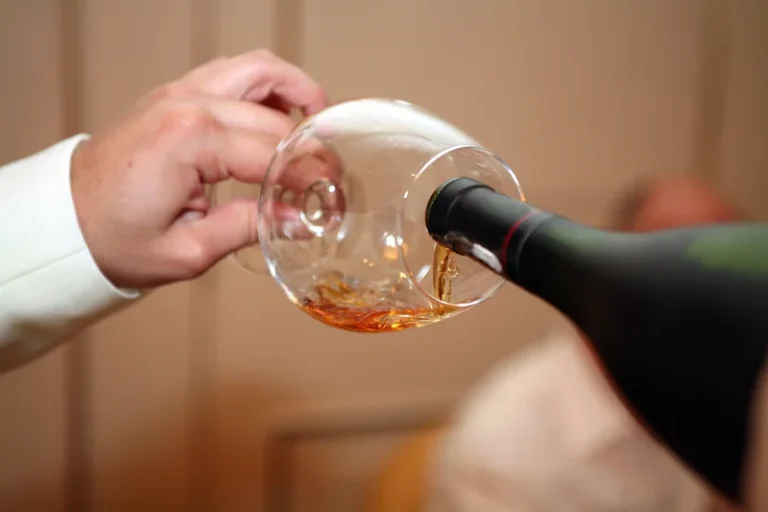
Urine alcohol tests can help doctors determine whether you have consumed alcohol within a certain time. It’s possible to test positive for alcohol consumption even if you’re not currently intoxicated. If you’re dealing with a hangover, you’ve probably even tried some of the various home remedies to alleviate the usual headache, nausea, and lethargy. Unfortunately, most of these remedies are ineffective, and some can even be more harmful, such as “hair of the dog” or having another drink in the morning.
- Kidney or bladder tumors are also a potential cause of blood in the urine, and are found more frequently in older people.
- Negative consequences resulting from continuing use of cannabis can wreak havoc in your life, even if you think you have a weed habit under control.
Windows of detection in urine tests
Diuretic drugs typically cause higher urine production, and they can make your urine appear clear, notes the Urology Care Foundation. While hematuria usually isn’t serious and will often go away on its own, you should get it checked by your doctor to rule out any problems. It’s not a disease but a symptom of an underlying condition or a side effect of some activities. Having more than that overloads your system with more booze than it can process at once, which is what ultimately causes you to feel drunk and sends your BAC over the legal limit. Just keep in mind that drinking more than that can be bad for your baby’s growth and development, and can hurt your judgment.
How to Pass a Urine Analysis Test
During the first few hours after drinking, ethanol may be detectable in your urine and other bodily fluids. In some cases, alternative tests — such as a breath, hair, or blood test — may be more appropriate and valuable. On average, your body eliminates alcohol at a rate that would reduce your BAC by 0.015 per hour. That’s the equivalent of processing about one alcoholic beverage each hour.

Can you “sober up” faster with food or coffee?

Employers may use instant drug testing kits in bulk to conduct pre-employment, random, and post-accident drug testing kits. Any consistent fixation on a substance that may have become a dependence or addiction starts to hurt financial assets. You’re less likely to stay on top of paying bills, may squander cash without thinking of the consequences or find yourself withdrawing does water flush alcohol out of urine more funds to pay for your stash of weed. When you’re not thinking clearly, lolling around in a semi-permanent or regularly stoned state, don’t think others around you are unaffected. Indeed, serious fractures in the family dynamic, lost friendships and even rebuffing by casual acquaintances are common among those who insist on adhering to their weed habit.
Your body processes alcohol at the rate of around one standard-sized drink per hour, but booze can be detected in your blood, breath, and pee for a long time afterwards. Finally, the amount of alcohol consumed affects how quickly it is cleared from urine. Overall, it is important for individuals who are consuming alcohol to make sure they are staying properly hydrated by drinking plenty of water throughout the night. This will help them avoid dehydration and will also help flush out any toxins in their system as quickly as possible. There’s a risk of liver disease, but not kidney damage if you drink moderate amounts of alcohol, says Goldfarb.
Understanding urine test results
Taking these steps can help reduce alcohol levels in the body and improve overall health and wellbeing. It is important to note, however, that drinking more than the recommended amount of water will not make you sober faster or reduce the effects of a hangover. Alcohol has already been absorbed into your system at this point and can only be eliminated through metabolism and digestion. Drinking more water can help your body process alcohol more efficiently, but it cannot speed up the process or reduce any negative effects from consuming too much alcohol. The amount of water required to flush out alcohol depends on several factors, including the type and amount of alcohol consumed and the body weight of the person drinking.

Blood Tests (12 to 24 hours)
- Experts say we all need at least eight glasses of water every day.
- However, drinking excessive amounts of water may lead to electrolyte imbalance and other health risks.
- More sensitive or higher quality tests can pick up smaller amounts of alcohol.
- The kidney is a complex filter, “and how much water you drink does not affect how well this filter works,” Goldfarb says.
- Almost 90% of the alcohol you consume passes through the liver, and only 10% of the alcohol leaves through urine and sweat.
And this makes studying kidney diseases difficult, according to Sparks. A simple blood test can measure the levels of toxins and waste products in the bloodstream and tell doctors how efficiently the kidneys are working. The food you eat while recovering from a night of drinking will affect how quickly you detoxify your body.
Drink fluids
Cannabis use has long been considered a gateway drug, especially when started in adolescence, and frequently morphs into other substance addictions and/or addictive behaviors. Your doctor also might not find a cause for blood in your urine and you might not need any treatment. Getting enough water every day can prevent stones from forming and stop them from coming back. Aim to drink enough water to make your urine clear or light yellow. Blood in your urine doesn’t always mean you have a severe problem.
How to read an EOB United Healthcare
Stress can cause a slight uptick in elimination rates, making it 0.18g/L/h on average. The EtG urine test is essential when complete abstinence is required, such as during withdrawal or in professional settings with zero-tolerance policies. Activated Charcoal is actually quite incredible, and is used in emergency rooms around the world to support detoxification after the ingestion of chemical or environmental poisons. If you disagree with your test results, you may be able to request a re-test from the entity that requested the test (for example, the court, your employer, or your doctor).
